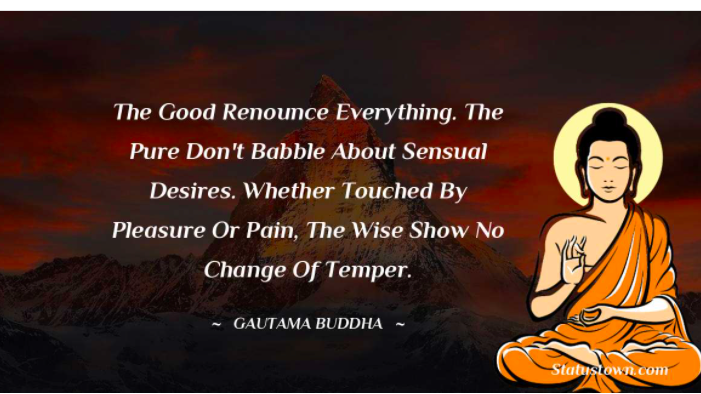When I wrote that headline, it sounded like high philosophy or utter balderdash. And, when I re-read it, my lips broadened into a wide grin. For, isn’t the breath the only constant in our life? The intake of oxygen and exhalation of carbon-di-oxide sustains human life, so to specifically consider my tryst with this process seemed downright daft.
And that’s the first lesson I took from this tryst my breath. Do we always give adequate importance to things that our bodies seem to accomplish without our knowledge? Do we consciously control our body parameters? Do we decide how much to sweat so that the body temperature is brought back to normal? On the contrary, advancements in medical science has resulted in popping a pill for everything – even a bout of flatulence!
However, I am digressing. The purpose of this post and a few that could follow is to share my experience with that very ancient, very unique and very powerful experiment espoused by none other than Siddharta Gautama – known as the Buddha or the Enlightened One. The technique known simply as Vipassana (pronounced as vɪˈpasənə/), often translated as insight, helps us move away from our thoughts to our senses.
When French philosopher Rene Descartes rather pompously claimed “I think, therefore I am” (cogito ergo sum) he had inadvertently discarded all but human life as life itself. Eastern thought understood the futility of thought as all of it is just a story woven around what we want reality to be. To turn this fantasy to reality requires proactive steps and this action is what gets us to experience life through our sense organs.
Before I embark on this journey of connecting with my own breathing, I place on record my gratitude to some of my teachers including Cynthia Gonzalves and Stephen Titus (WellSpring NLP Integrated) who made me aware of those sounds of silence that helps disconnect the past and the future from our present. Having experienced Vipassana on a few occasions, they nudged me to experience it for myself. Thus began my tryst with the 2500-year-old technique brought back to India by Shri. S.N. Goenka, having acquired it from a Burmese official Sayagi U Ba Khin.
My first understanding of Vipassana is that it is a focused observation of one’s breathing. Not regulating the breath as we do in certain yogic techniques, just observing it – and not with the purpose of defining it as shallow, deep, or normal. Just the breath itself. This technique taught me to observe reality as it is, not as what I want it to be.
(to be continued…)
Share this Post[?]






